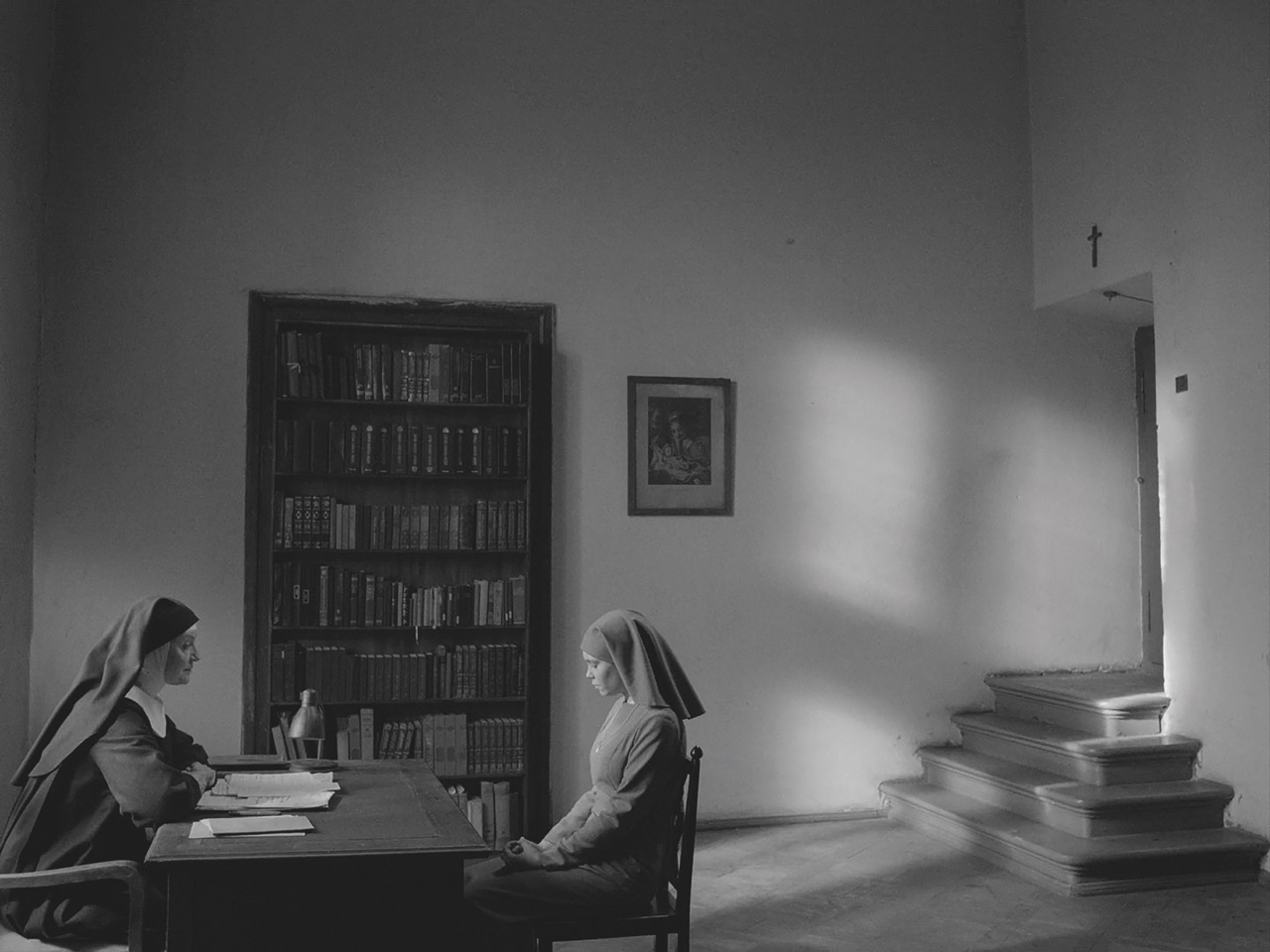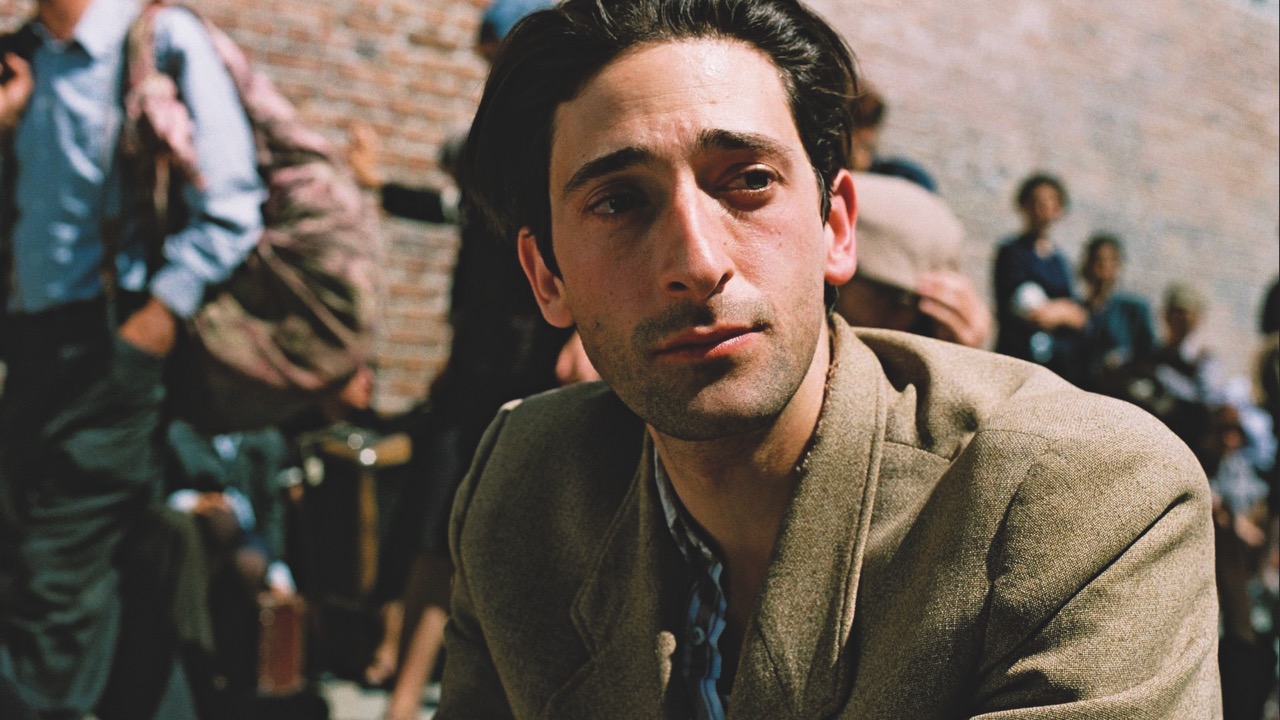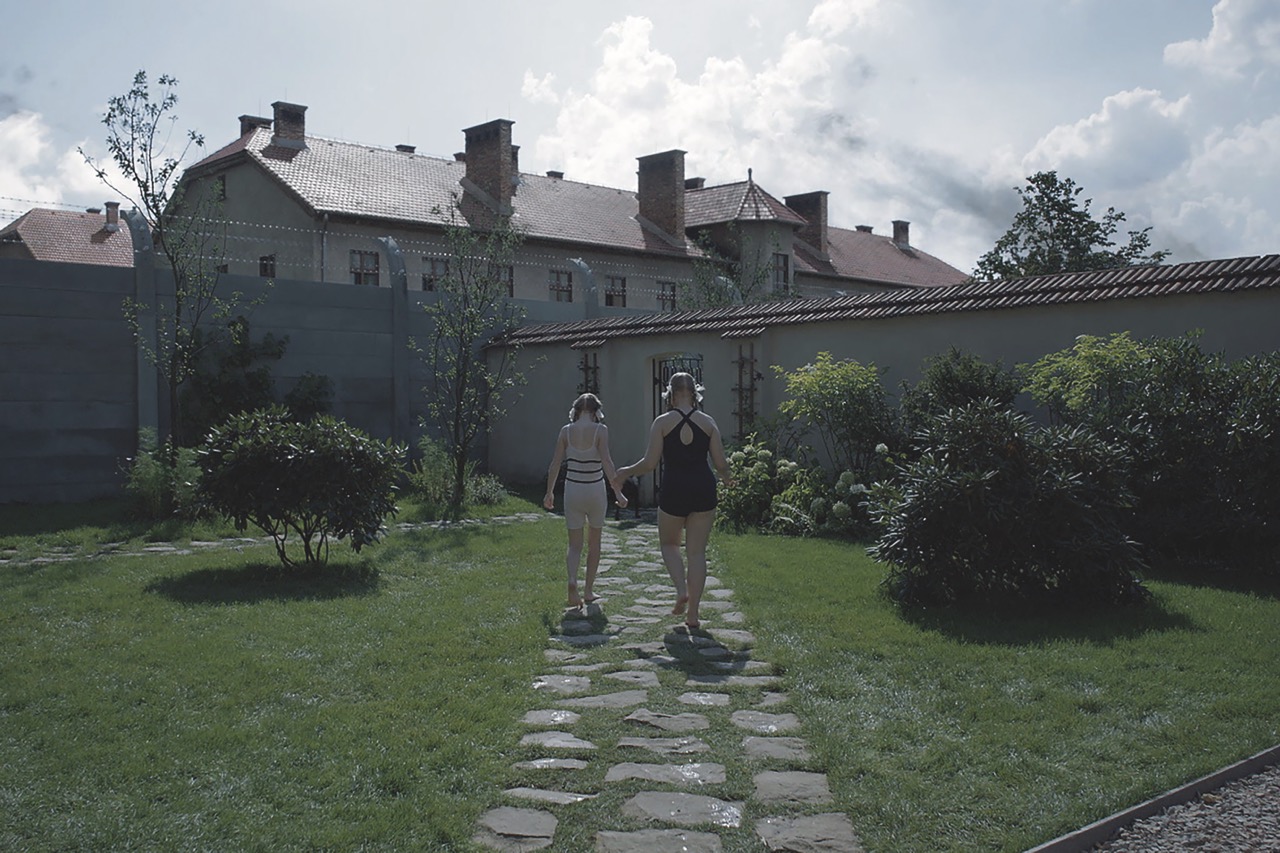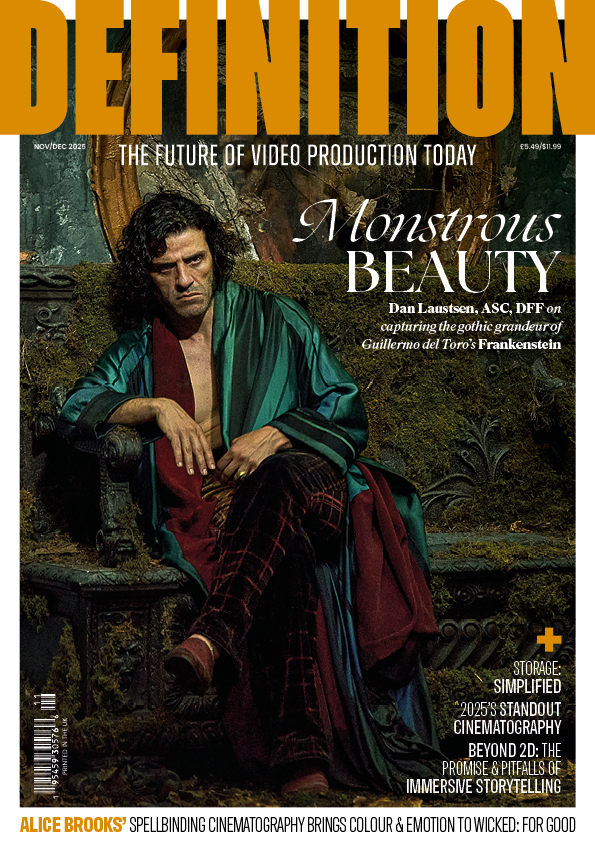
International industries: Filmmaking in Poland
Posted on Nov 25, 2025 by Admin
We shine a light on Poland in the latest entry to our international industry series, diving into the amenities, incentives and other offerings that make this history-rich country stand out on a global stage
Words Katie Kasperson | Top image Searchlight Pictures
About 30 years ago, Poland faced a new frontier; the end of communism brought financial turmoil – something to which the film industry was not immune. In 1994, the Polish government enforced the Copyright and Related Rights Act, which categorised cinematographers as technical executors of instruction rather than co-creators of cinema. A mere two months later, a group of 16 filmmakers established the Polish Society of Cinematographers (PSC), a professional association that’s grown to more than 100 members today.
World-class and well-rounded
Thanks to the PSC’s early work, “the cinematographer – or director of photography – has a particular power,” begins Karina Kleszczewska, vice chair of the PSC. “We are involved from the very beginning, almost from the moment the screenwriter and director are working on the script. We have a big impact on the creation of the whole film.”
The PSC has fought for better pay, with today’s cinematographers receiving large sums in royalties. Poland is also in the midst of an overhaul on tax breaks for visiting and co-productions. Currently, it offers a 30% reimbursement of all eligible costs, such as crew wages, rental equipment and other goods and services purchased from Polish companies. “Our government is open to the possibility that film is a crucial industry for the entire economy of Poland,” states Kleszczewska.
“This country is not big, but it has so many beautiful spots,” she continues, arguing Poland is a prime destination for location-based shoots. “If you’re looking for something specific, you can find it in this country,” from large cities such as Warsaw and Krakow to small towns, coastal spots and rural countryside. “We have a long history,” she adds, pointing to architecture ranging from the Middle Ages to pre- and post-communism.
With a history that dates back to the thirties, Poland’s film industry is highly developed, according to Kleszczewska. “Practically speaking, we’re prepared for everything.” Complete with rental houses, technically trained crews and various traditional and virtual studios, the country is, as Kleszczewska suggests, on par with what leading film hubs offer.
Despite this enviable variety of amenities, a standard Polish production comes with a small crew, short schedule and tight budget – unless it’s a co-production. “When we are producing our own movies, there is not so much money,” Kleszczewska admits. “We’ll often be doing 30 or 40 12-hour days with a crew of 50 or 60.
“But the crews are very professional, fast and hard-working,” she continues, highlighting that many filmmakers – including herself – study under skilled auteur directors like Andrzej Wajda and Wojciech Jerzy Has at Łódź Film School, the country’s oldest and most highly regarded cinematic institution.
Three decades down
When the founding committee created the PSC, it was essentially a workers’ union. “We were fighting for royalties, that was the real reason we started,” shares Kleszczewska, though she was not an original member. “At the time the system was changing, but we’re still protecting our jobs and our position in the film industry. Now, we have a strong movement of producers. We’re working more and more with big studios like Netflix as well as Polish companies.”
To join the PSC, “you need to have at least two feature-length films and to be invited in by others. You need to have work to show,” Kleszczewska explains, a standard ask for most cinematography societies. Once accepted, members enjoy access to a professional network, opportunities to develop skills and also partnerships with Polish festivals, such as EnergaCAMERIMAGE, which is held annually in Toruń.
“We organise a lot of workshops,” states Kleszczewska. “We have one on new technology once a year for the whole industry, so anybody can come.” Another public offering is the PSC’s Art of Seeing, a monthly event that includes a film screening and analysis. The organisation selects one movie, inviting the director and/or DOP for an interview in front of an audience. Each event is also recorded and uploaded online. “We are doing a lot to make noise around the picture. The picture is so important in film – it’s half of everything. It makes the mood, makes the story.”
While Polish filmmaking doesn’t take on a single, distinctive visual style, there are throughlines that can be traced back to the country’s socio-political instability during the 20th century. “We are artists from the core,” Kleszczewska explains, “and it comes from the individualistic style that we developed under the socialist government. Our cinematography has always been strong, but it’s also in progress.”
On equal footing
Kleszczewska recognises that the industry is ever-changing. “I remember when I started, I was shooting on film negatives,” she recalls. “Then the digital revolution arrived and now in Poland we almost all shoot on digital. Artificial intelligence is the biggest question for us now. We don’t know what will happen next. The whole world is in the same situation.”
Kleszczewska hopes the upcoming tax law will open Poland up to more international opportunities. “I’m very optimistic,” she admits, arguing that filmmaking – like most things – should be a democracy. “When we treat others as partners,” she says, then collaboration comes naturally.
Learn more at psc.pl and find out more about the industry around the world in our view of Ireland.
This story appears in the November/December 2025 issue of Definition












